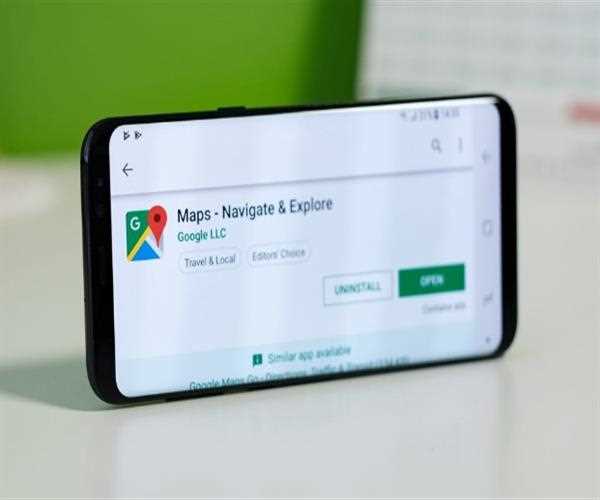
Google Maps comes with a new feature to save us from fake content and harmful reviews
- Google Maps employs a multi-pronged approach to combat fake reviews and misleading content.
- The company monitors unusual patterns in user contributions and takes action to prevent abuse.
- Google also protects places and establishments ahead of sensitive moments, such as elections.
- Long-term protections are in place against unhelpful and harmful user contributions.
In a bid to make Google Maps more reliable and trustworthy, Google has implemented several measures to combat fake reviews and misleading content. The company employs a multi-faceted approach that includes monitoring user contributions, protecting places and establishments during sensitive periods, and implementing long-term protections against unhelpful or harmful content.
Monitoring User Contributions
Google monitors unusual patterns in user-contributed content, such as a sudden surge in one-star reviews for a particular establishment. When such patterns are detected, Google takes appropriate action to prevent abuse. These actions may include removing policy-violating content, temporarily disabling new contributions, or investigating accounts that have left suspicious reviews.
Protecting Places During Sensitive Moments
Google also takes proactive steps to protect places and establishments ahead of sensitive moments, such as elections, when it anticipates an increase in unrelated and unhelpful content on Maps. In these cases, Google limits contributors' ability to make edits to phone numbers, addresses, and other information to curb the spread of misleading content.
Implementing Long-Term Protections
Google has also implemented long-term protections against unhelpful and harmful user contributions. For instance, Google may restrict negative reviews of places like police stations and prisons. These restrictions are based on a set of frameworks that evaluate the helpfulness of user input for specific types of places. Depending on the outcome, Google may apply restrictions ranging from limiting contributions to blocking specific types of content or even blocking contributed content altogether.

User Notifications and Continued Access to Information
In cases where user contributions have been restricted, contributors may receive a banner notifying them that the functionality is turned off. Despite these restrictions, users can still access helpful information like phone numbers, addresses, and websites for places.
Google's efforts to combat fake reviews and misleading content demonstrate the company's commitment to providing a reliable and trustworthy experience for Google Maps users. By employing a multi-faceted approach that combines proactive measures with long-term protections, Google aims to ensure that Maps remains a valuable resource for users seeking accurate and helpful information.


